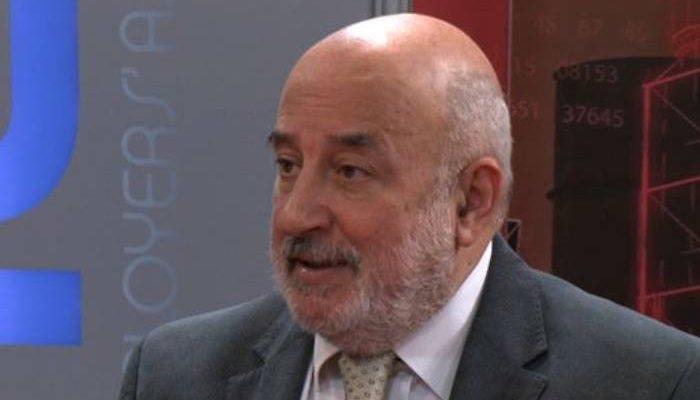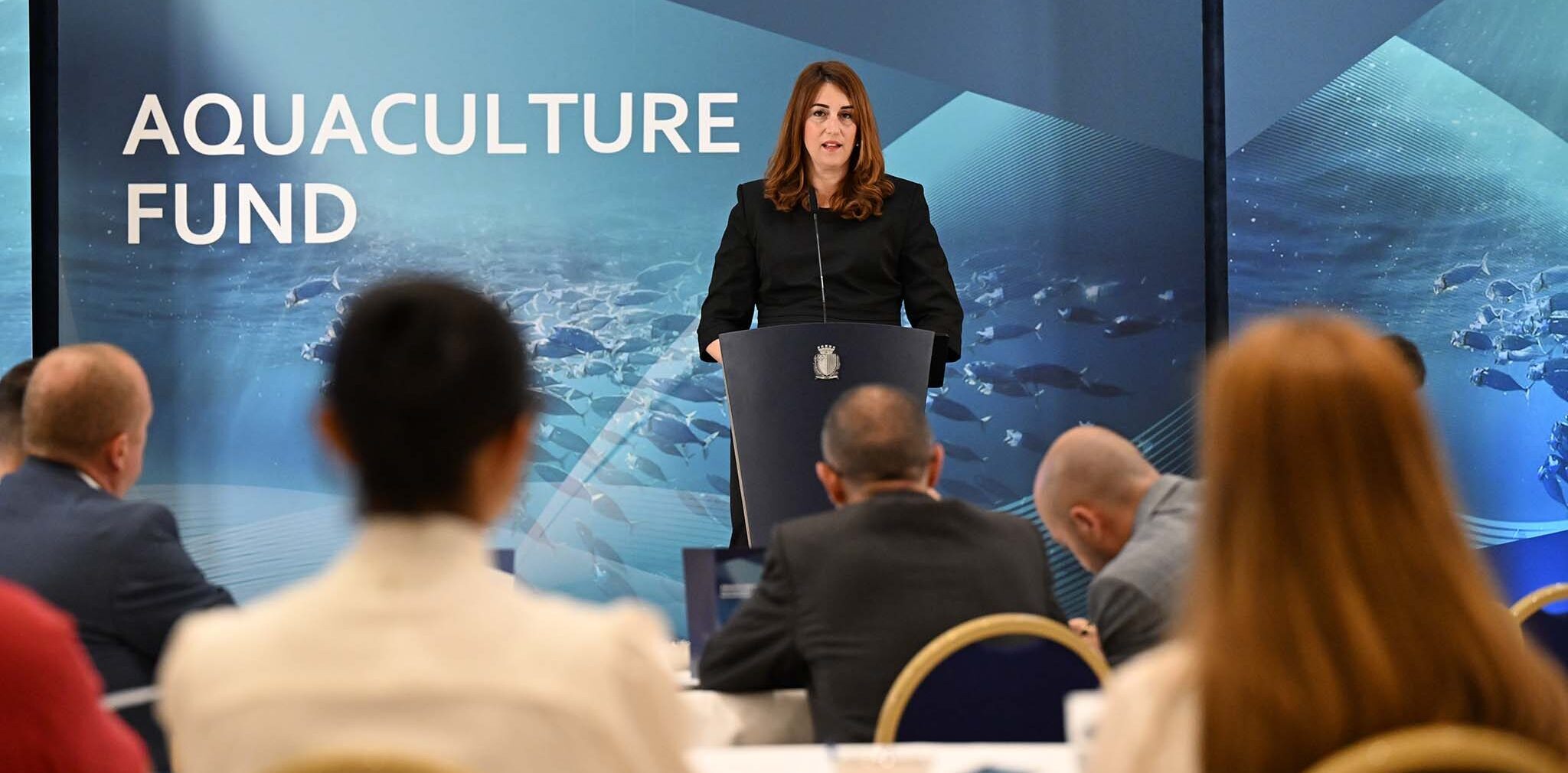A deal the Government purportedly struck with hospital consultants prior to the election has come in for biting criticism from the Malta Employers Association (MEA), which warned that it has set a “dangerous precedent which could destabilise industrial relations”.
The strongly worded reactions follows the beginning of wide-ranging industrial action by the Malta Union of Midwives and Nurses (MUMN) over the Ministry of Health’s refusal to entertain a request for nurses to be given an uncapped two-thirds pension “like consultants”.
Originally a perk only extended to members of the judiciary and parliamentarians, hospital consultants were also afforded an uncapped pension in a sectoral agreement signed earlier this year, according to the union, although Martin Balzan, head of the Medical Association of Malta, denied this, saying: “Doctors have capped pensions like all other government employees.”
The Ministry, in a statement, did not confirm or deny the MUMN’s allegation.
The Malta Employers Association stated that the news that Government has conceded uncapped pensions to consultants as part of a pre-electoral deal is going to send ripples across other grades, and potentially spill over to the private sector as employees will feel as being treated unequally compared to some public sector employees.

“There will certainly be pressure – as is already happening in the case of nurses – to remove the capping for other professions who feel similarly entitled,” the MEA said. “If groups of employees are to be given recognition for higher responsibility and productivity, this should be reflected in their salaries, not pensions.”
It warned that through the deal the public sector “is setting dangerous precedents which could destabilise industrial relations and raise public expenditure to unsustainable levels”, adding that “awarding uncapped pensions to a privileged class is highly discriminatory and unfair to those who have paid social security throughout their working careers and end up with a pension which is capped at a miserable level”.
The association’s statement also mentioned the “hot issue” related to the relocation of Air Malta employees to the public sector, noting that “besides the burden on the taxpayer of having to finance the cost of these employees, given that many areas in the public sector are already overmanned with employees who have been lured from the private sector, the promise to such employees that they will retain their working conditions at Air Malta is unbelievable.
The MEA stated that it “had warned that the ‘side’ agreement reached with Air Malta employees in this respect was an industrial relations blunder, and it remains to be seen how the principle of equal pay for work of equal value is going to be applied in such cases”, and reiterated its position that these employees should be offered job opportunities in the private sector.
“These precedents,” it concluded, “are creating an environment where employees in the private sector are made to feel that they are children of a lesser god, and are also raising public expenditure to potentially unsustainable levels.”
Government reports €55 million drop in income tax revenue
By the end of April 2025, Malta’s central Government debt reached €10.84 billion
Malta launches €90,000 aquaculture fund to boost sustainable marine projects
It is open to project proposals from students, educational institutions, environmental NGOs, as well as public entities
Foreign property buyers want ‘more than sea views,’ says MIDI CEO Mark Portelli
A new wave of Special Designated Area (SDA) projects is set to deliver over 2,500 luxury homes across Malta






